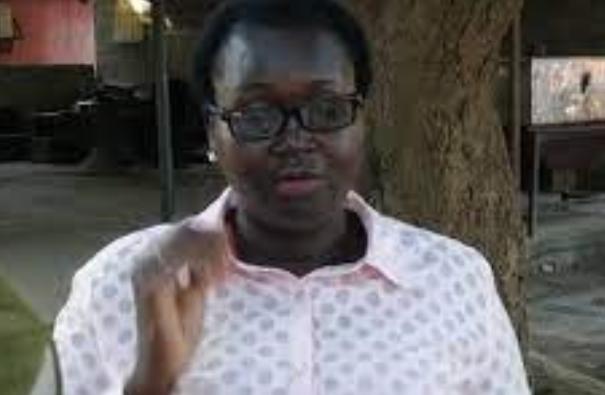Africa-Press – South-Sudan. The South Sudan Women’s Block has called for the annual commemoration of January 9th as a day highlighting a special occasion of women’s empowerment ushered through the Comprehensive Peace Agreement (CPA).
The Chairperson of the South Sudan Women’s Block has described the Comprehensive Peace Agreement (CPA) signed in 2005— that ended the 21 years of Sudan’s civil war—as an eye-opener for the country’s women. The women said January 9 must always be commemorated as a day to honour South Sudanese women.
In an open letter to R-TNLA Speaker, Jemma Nunu Kumba, Amer Manyok Deng, the chairperson of the South Sudan women’s block, said the occasion would highlight the special event of women who have been appointed to prominent government positions.
“On behalf of the women of South Sudan, the women’s block of South Sudan is requesting the R-TNLA to officially declare January 9 to be a day of celebration for the South Sudanese women,” their letter partly reads.
She relates her letter to the provisions of the revitalised peace agreement as well as the comprehensive peace agreement (CPA) signed in 2005 between the Sudanese government and the Sudan People’s Liberation Movement/Army that ended decades of civil war in the country.
“This decision originated from the remembrance of the 2005 Comprehensive Peace Agreement (CPA) where, for the first time in our history, women were granted 25 per cent of affirmative action under the leadership of the late Dr John Garang de Mabior.”
“This accord, which included contributions from various sides of Sudan’s disputes, investigated who was left out of the peace process (including the women) and recommended ways to make future endeavours more inclusive,” Amer stated.
The activist said women have a history of being forgotten or neglected during negotiations, despite their active roles as warriors, peacemakers, and activists.
Amer reiterated that women, in most cases, are seen as passive victims of conflict, saying despite the lack of an equal playing field for women, new democratic spaces have evolved, and they must mobilise and take the opportunity for greater political participation.
The provisions of the Transitional Constitution of the Republic of South Sudan and the ARCSS on women’s participation in the executive (35 per cent) shall be observed. Nomination formula
Article 1.4.4 of the revitalised peace agreement states that the incumbent TGoNU must nominate at least six women, the SPLM/A-IO must nominate at least three women, and the SSOA must nominate at least one woman in their candidacy to the Council of Ministers.
Parties must also take into account national diversity, gender, and regional representation when selecting their nominations, according to Article 1.4.6 of the agreement. Article 1.5.2.4 of the agreement also allocated one Vice President position to a woman from among the former detainees.
Amer cited articles from regional and international legislative frameworks that provide women with the freedom and right to participate in decision-making in all sectors of society.
Security Council Resolution 1325 emphasises the impact of war on women and the necessity of women’s full and equal engagement in conflict resolution, peacebuilding, peacekeeping, humanitarian response, and post-conflict reconstruction.
Article 3 of the Protocol on Amendments to the Constitutive Act of the African Union calls for a more inclusive society where all citizens are actively involved in decision-making in all aspects.
Despite the lack of female decision-makers, Amer said, “we cannot disregard those who have made it to the highest positions through their hard work and dedication; we salute you and the resilience you have shown.”
For More News And Analysis About South-Sudan Follow Africa-Press






